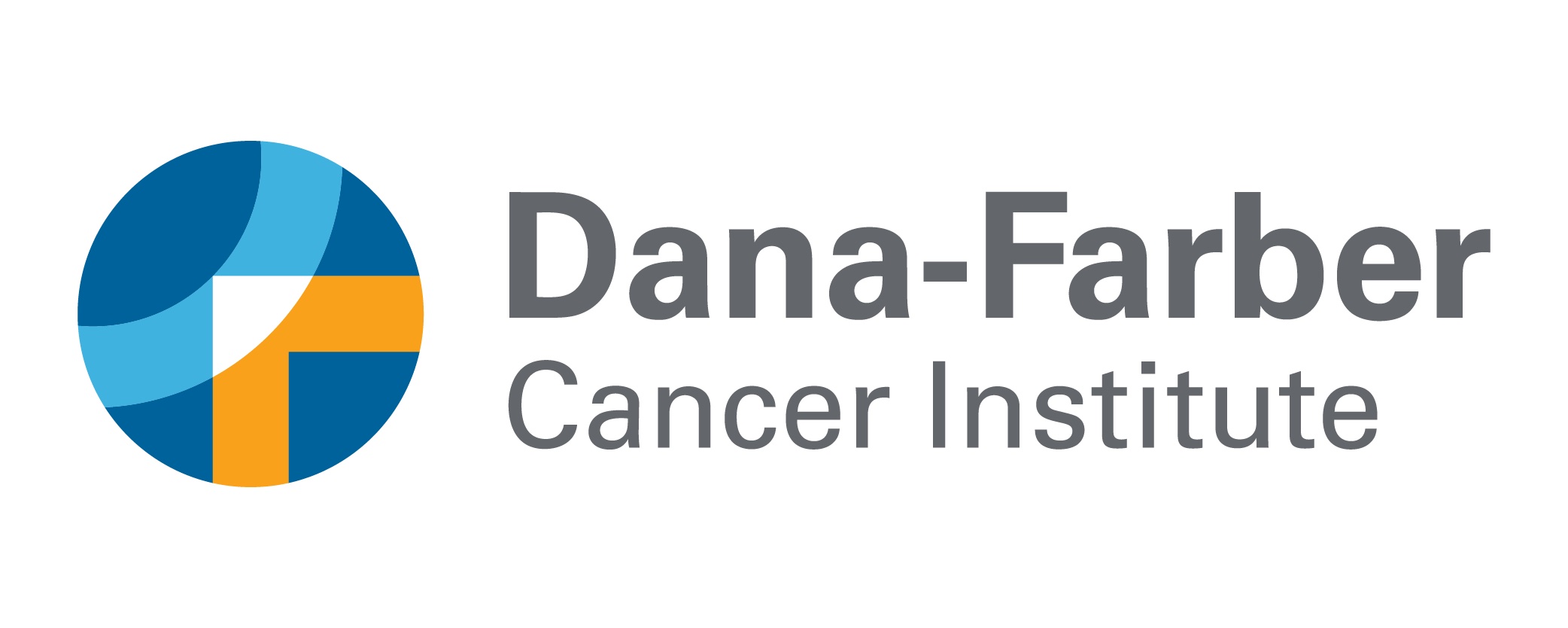- Data from a large observational study suggests coffee consumption associated with lower risk of cancer progression and death
- Benefit pertains to caffeinated and decaffeinated coffee
Newswise — BOSTON – In a large group of patients with metastatic colorectal cancer, consumption of a few cups of coffee a day was associated with longer survival and a lower risk of the cancer worsening, researchers at Dana-Farber Cancer Institute and other organizations report in a new study.
The findings, based on data from a large observational study nested in a clinical trial, are in line with earlier studies showing a connection between regular coffee consumption and improved outcomes in patients with non-metastatic colorectal cancer. The study is being published today by JAMA Oncology.
The investigators found that in 1,171 patients treated for metastatic colorectal cancer, those who reported drinking two to three cups of coffee a day were likely to live longer overall, and had a longer time before their disease worsened, than those who didn’t drink coffee. Participants who drank larger amounts of coffee – more than four cups a day – had an even greater benefit in these measures. The benefits held for both caffeinated and decaffeinated coffee.
The findings enabled investigators to establish an association, but not a cause-and-effect relationship, between coffee drinking and reduced risk of cancer progression and death among study participants. As a result, the study doesn’t provide sufficient grounds for recommending, at this point, that people with advanced or metastatic colorectal cancer start drinking coffee on a daily basis or increase their consumption of the drink, researchers say.
“It’s known that several compounds in coffee have antioxidant, anti-inflammatory, and other properties that may be active against cancer,” says Dana-Farber’s Chen Yuan, ScD, the co-first author of the study with Christopher Mackintosh, MLA, of the Mayo Clinic School of Medicine. “Epidemiological studies have found that higher coffee intake was associated with improved survival in patients with stage 3 colon cancer, but the relationship between coffee consumption and survival in patients with metastatic forms of the disease hasn’t been known.”
The new study drew on data from the Alliance/SWOG 80405 study, a phase III clinical trial comparing the addition of the drugs cetuximab and/or bevacizumab to standard chemotherapy in patients with previously untreated, locally advanced or metastatic colorectal cancer. As part of the trial, participants reported their dietary intake, including coffee consumption, on a questionnaire at the time of enrollment. Researchers correlated this data with information on the course of the cancer after treatment.
They found that participants who drank two to three cups of coffee per day had a reduced hazard for death and for cancer progression compared to those who didn’t drink coffee. (Hazard is a measure of risk.) Those who consumed more than four cups per day had an even greater benefit.
“Although it is premature to recommend a high intake of coffee as a potential treatment for colorectal cancer, our study suggests that drinking coffee is not harmful and may potentially be beneficial,” says Dana-Farber’s Kimmie Ng, MD, MPH, senior author of the study.
“This study adds to the large body of literature supporting the importance of diet and other modifiable factors in the treatment of patients with colorectal cancer,” Ng adds. “Further research is needed to determine if there is indeed a causal connection between coffee consumption and improved outcomes in patients with colorectal cancer, and precisely which compounds within coffee are responsible for this benefit.”
Co-authors of the study are Sui Zhang, MS, Robert J. Mayer, MD, and Jeffrey A. Meyerhardt, MD, MPH, of Dana-Farber; Fang-Shu Ou, PhD, and Brian C. Mullen, MS, of the Mayo Clinic; Donna Niedzwiecki, PhD, of Duke University School of Medicine; I-Wen Chang, MD, of Southeast Clinical Oncology Research Consortium, Winston-Salem, N.C.; Bert H. O’Neil, MD, of Indiana University School of Medicine; Heinz-Josef Lenz, MD, of Norris Comprehensive Cancer Center, Keck School of Medicine, University of Southern California; Charles D. Blanke, MD, of Knight Cancer Institute, Oregon Health and Science University; Alan P. Venook, MD, of University of California San Francisco School of Medicine; Charles S. Fuchs, MD, of Yale Cancer Center and Smilow Cancer Hospital; Federico Innocenti, M.D., PhD, of Eshelman School of Pharmacy and Lineberger Comprehensive Cancer Center, University of North Carolina at Chapel Hill; Andrew B. Nixon, PhD, of Duke Cancer Institute, Duke University Medical Center; Richard M. Goldberg, MD, of West Virginia University Cancer Institute; and Eileen M. O’Reilly, MD, of Weill Cornell Medical College, Cornell University and Memorial Sloan Kettering Cancer Center.
Funding for the study was provided by the National Cancer Institute (grants U10CA180821, U10CA180882, U10CA180795, U10CA180838, U10CA180867, U24CA196171, UG1CA189858, P50CA127003, R01CA118553, R01CA205406, U10CA180826, U10CA180830, and U10CA180888), the Project P Fund, Genentech, Sanofi, and Pfizer.
About Dana-Farber Cancer Institute
Dana-Farber Cancer Institute is one of the world’s leading centers of cancer research and treatment. Dana-Farber’s mission is to reduce the burden of cancer through scientific inquiry, clinical care, education, community engagement, and advocacy. We provide the latest treatments in cancer for adults through Dana-Farber/Brigham and Women’s Cancer Center and for children through Dana-Farber/Boston Children’s Cancer and Blood Disorders Center. Dana-Farber is the only hospital nationwide with a top 10 U.S. News & World Report Best Cancer Hospital ranking in both adult and pediatric care.
As a global leader in oncology, Dana-Farber is dedicated to a unique and equal balance between cancer research and care, translating the results of discovery into new treatments for patients locally and around the world, offering more than 1,100 clinical trials.
MEDIA CONTACT
Register for reporter access to contact detailsCITATIONS
JAMA Oncology, Sept 17-2020; U10CA180821; U10CA180882; U10CA180795; U10CA180838; U10CA180867; U24CA196171; UG1CA189858; P50CA127003; R01CA118553; R01CA205406; U10CA180826; U10CA180830; U10CA180888
